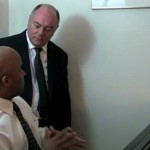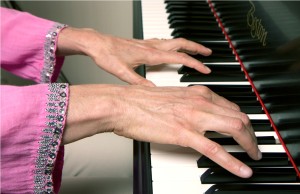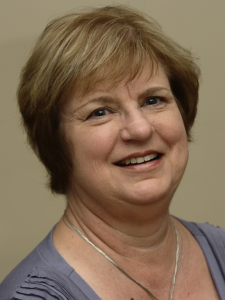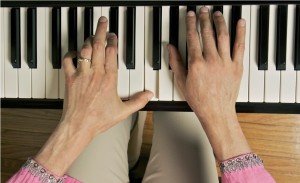You have defined the characteristics of your dream teacher and developed a list of potential candidates, and now your search for a good piano teacher begins to sizzle. It’s time to take some trial lessons. I recommend you take an exploratory lesson from three to six teachers; I personally did so with four. For this second of three articles on how to find a good piano teacher, I describe this process of trial lessons.
Contact your potential teachers.
Most teachers are best reached via email. Explain that you are looking for a new piano teacher and that you are meeting with a few select ones. Ask if you may take a lesson in order to better understand his or her style. Give a few sentences of background on your piano study thus far, but keep the email short. If someone referred the teacher to you, mention that person’s name in the email; some teachers are so highly in demand that they only consider referrals from other trusted students.
All of the teachers I contacted were very receptive to this approach. Of the four teachers I met, three charged for the trial lesson. In order to manage my expenses, I took one lesson a week, so that I spent about as much as I would on my regular piano study.
Be ready to play at the trial lesson.
A good teacher will find it difficult to propose a course of study without hearing you play, so it’s best to have some music ready that you believe reflects your abilities. Beginners should bring their current music book, while more advanced players would benefit from having some performance-ready pieces.
All of the teachers I met with began the lesson by asking me to play, which I’ll admit I found almost as nerve-wracking as a recital. I obliged with Chopin’s “Raindrop Prelude” and his Nocturne in E-flat Major, both of which I had performed in a Carnegie Hall recital earlier in the year. I also had Debussy’s Rêverie in my musical back-pocket, which I ran through for one teacher.
Be prepared for differing opinions.
“Taking all of those lessons could be confusing,” said Denise Kahn, a New York City based teacher, and she was right. Every teacher has his or her own approach—“keep your fingers close to the keys,” advised one; “move your elbow up and down,” advised another—and sometimes my thoughts churned until I realized I could not reconcile all of the advice. While teachers are understandably wedded to their approaches, I believe it’s a testimony to the piano as an art form that there are different ways to create meaningful music. Ultimately, you will need to make a choice between those different approaches.
Ask lots of questions during the trial lessons.
During the course of the lesson, make sure to ask the prospective teacher a question relative to each of your criteria. This can be intimidating because the balance of power in the teacher-student relationship is unequal, the prospective teacher the one with piano credentials. During my trial lessons, I initially felt intimidated quizzing prospective teachers, some of whom were concert pianists, and in one case a Steinway artist.
However, you are your own best representative in the search, and questions posed respectfully as part of a conversation on the teacher’s approach generally go over well. Ask questions even when you think you know the answer, because sometimes the way the teacher phrases the response can be revealing. One pedagogue I met had only one adult student, and he described their work together as “fun,” an approach that for me felt too casual.
Look for the common threads.
Pay attention when you start to receive the same feedback from multiple teachers. Especially take note when you find the feedback unpleasant to swallow. This consensus across teachers may highlight a lingering issue, one that for a variety of reasons the combination of you and your former teacher were unable to address.
I found that despite the differing philosophies on how to play the piano, all of the teachers I interviewed commented on the stiffness in my hands and in fact my entire body. I already was working on keeping my shoulders relaxed—raised, tensed shoulders inhibit body movement—and no doubt my nervousness exacerbated the problem, yet even so, I was taken by surprise at the extent of the problem. I had to admit to myself that my childhood trauma with the piano, despite all the work I’ve done to address it, was still contained within my body. I mentally updated my search criteria to include a teacher who would best help me unwind the stiffness.








0 Comments